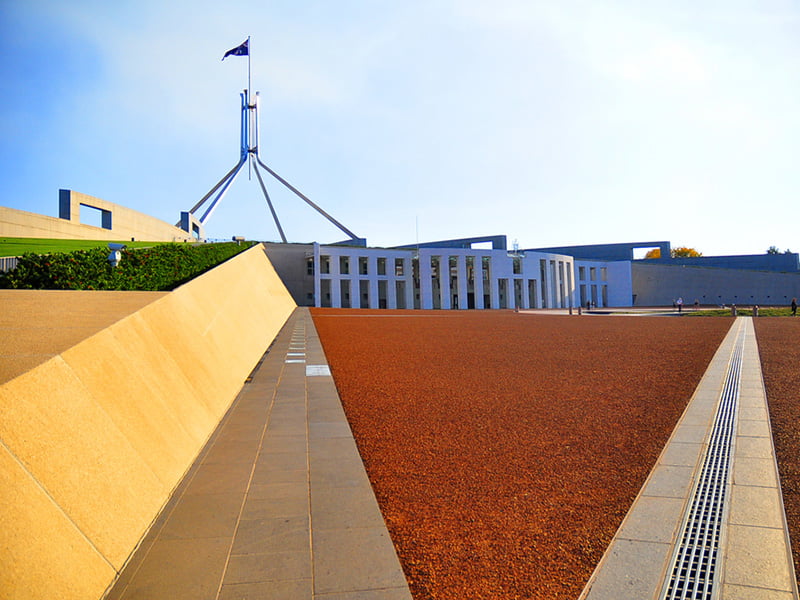The federal government has thrown more than $200 million at its troubled digital identity project, which remains in its beta phase five years after it was launched.
In an answer to a Senate Estimates question on notice, the Digital Transformation Agency confirmed that the GovPass program had so far cost $204.3 million since it launched in the 2015-16 financial year.
GovPass is a whole-of-government way to verify identity across a range of government and private sector services. It consists of four interconnecting aspects: the Trusted Digital Identity Framework (the set of standards and rules used to accredit digital identity providers), the identity exchange, the digital identity providers and service providers.

The end goal is for a federated ecosystem of digital identity providers, incorporating the federal government’s own effort along with those from banks, private sector organisations and state governments.
The more than $200 million in federal funding has been spread across several agencies and departments, including the DTA, the Department of Human Services and the Australian Taxation Office.
Currently the Australian Taxation Office’s own digital identity offering, myGovID, and Australia Post’s Digital ID have been accredited under the scheme. The government is now working on expanding the Trusted Digital Identity Framework (TDIF) to include private sector businesses, with hopes the big banks will have their digital identity plays accredited.
The ATO’s myGovID can now be downloaded from the Apple and Android app stores and can be used for a strictly limited number of government services, such as to update the Australian Business Register or to establish a Unique Student Identifier.
As of October last year, myGovID had been downloaded more than 80,000 times, with 46,000 identities created.
The digital identity scheme has been plagued with cost blowouts and delays, with critics questioning a reliance on developing new technologies rather than existing off-the-shelf solutions, and the funding of two separate taxpayer-backed digital identity plays.
Australian Strategic Policy Institute’s International Cyber Policy Centre head Fegus Hanson previously told InnovationAus that funding two digital identity efforts is “absurd”.
“It’s not bad to have more than one operator, but it’s crazy to have two taxpayer-funded operators. AusPost build a scheme which cost about $30 million, then the government went ahead and built another one,” Mr Hanson said.
“I can’t really see how you can justify why they build two taxpayer-funded schemes. Why wouldn’t you just use the AusPost scheme as the basis, given it’s taxpayer-funded already and build for it? That’s absurd, especially when AusPost did it at a much lower cost than the government. That’s a bit bonkers.”
In the December Mid-Year Economic and Fiscal Outlook update, the Coalition handed the DTA a further $5.9 million for the GovPass scheme. The government provided little detail on why the additional funding was needed, just six months after being handed $67 million in the 2019-20 budget.
The DTA is currently consulting on opening up the TDIF to private sector organisations, and legislation will need to be passed before this work is completed.
Labor senators asked for the total funding figure at supplementary budget senate estimates hearings in October, where DTA officials were forced to defend the overarching scheme.
The agency argued that GovPass won’t be a repeat of the doomed Australia Card scheme, and that it will instead by “privacy enhancing”.
Do you know more? Contact James Riley via Email.


It’s $244m if you add up the budget papers (the difference being spent on supporting tech), or I guess $274m if you include the AusPost spending as well (or $100bn+ if you include everything since Australia-Card plus all the cumulative consequential losses to our country as a result of the inexcusable delays).